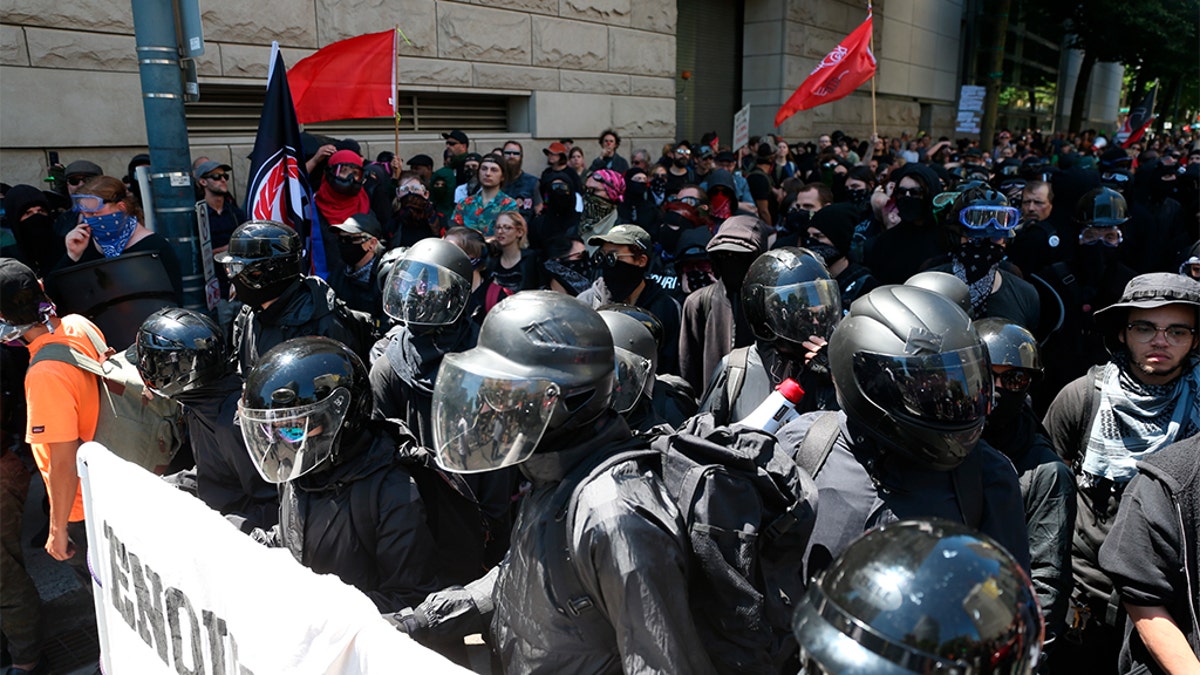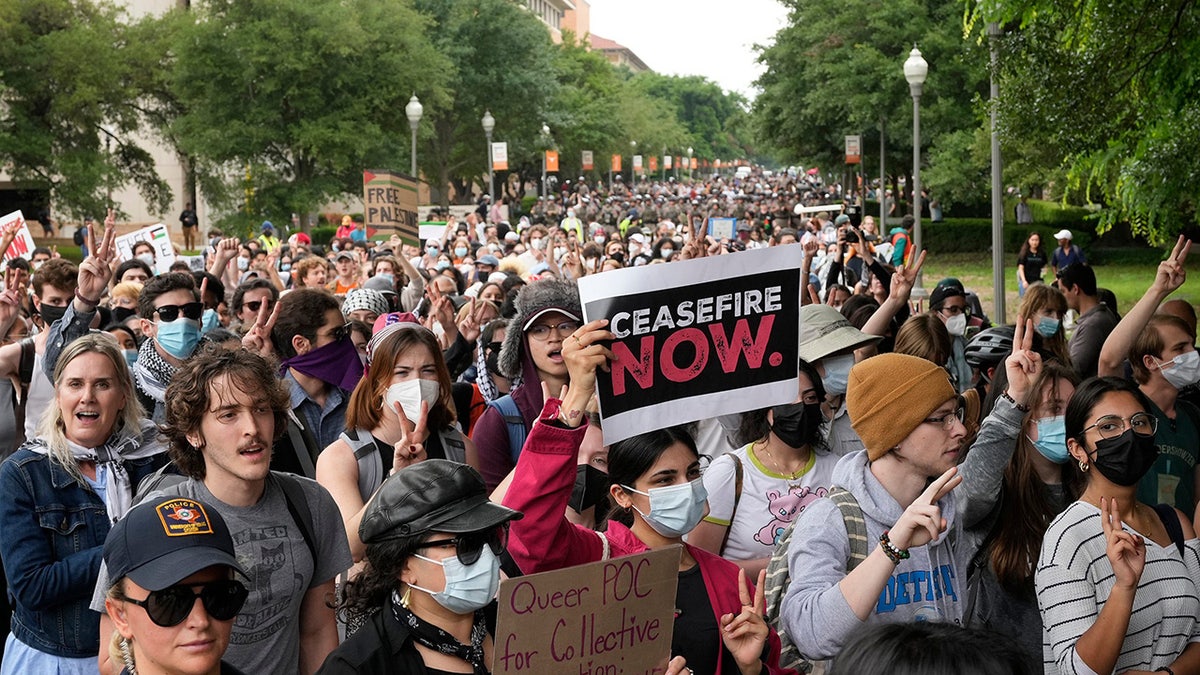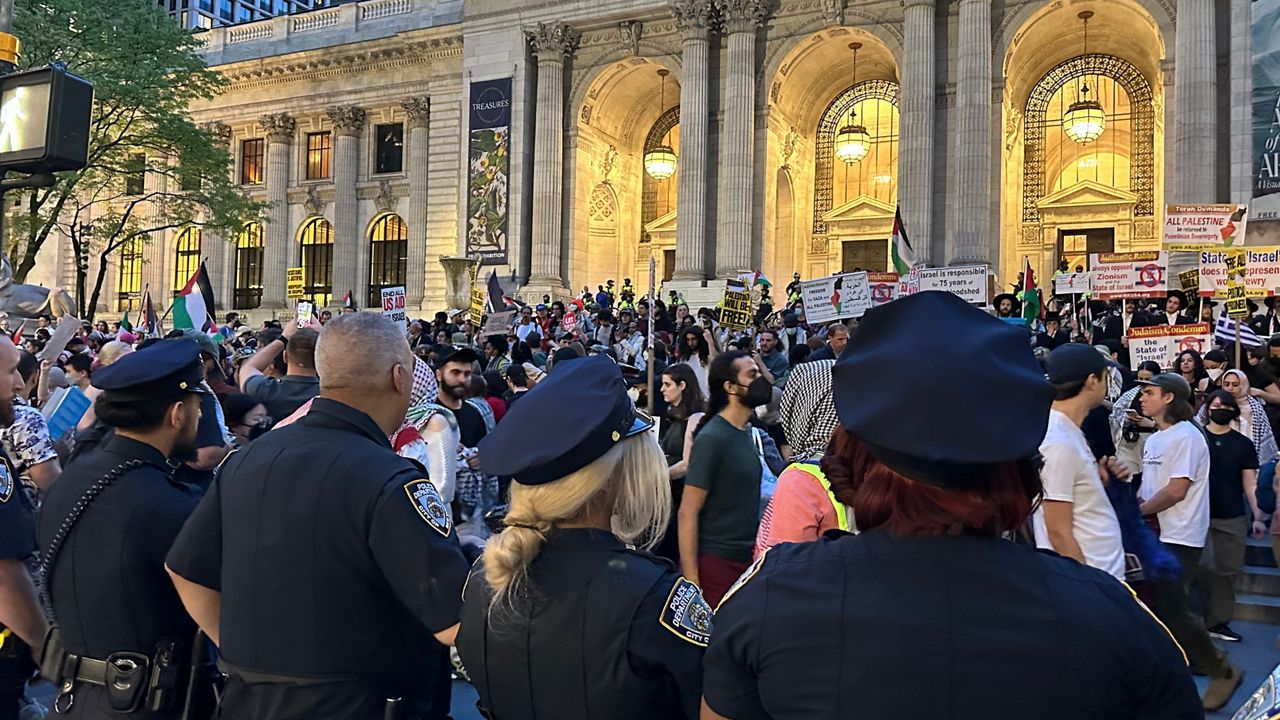When College Changes Everything: A Mother’s Heartbreak Over the Son She Could No Longer Recognize

There are certain milestones every American parent knows by heart. The first steps. The first day of school. Prom night. High school graduation. And finally—the bittersweet farewell at the college dormitory, when pride and worry intertwine in equal measure.
For Tyler Robinson’s mother, that morning was a mix of joy and trembling. She packed the family car with his clothes and books, tucked in a bag of homemade cookies, and hugged her son longer than she ever had before. Tyler was her pride: polite, respectful, a boy who carried neighbors’ groceries, bowed his head in church, and kissed his mother’s cheek goodnight.
She had raised him to be steady, kind, and grounded.
But college, as countless families have discovered, has a way of remaking not just minds but entire identities. What began as a hopeful new chapter soon unraveled into something she never could have imagined: the painful recognition that the son she loved seemed to vanish before her eyes.
The Quiet Dream Every Parent Holds
Like many mothers, she had long dreamed of education for her son. A degree meant security, respect, opportunity. Tyler wasn’t a troublemaker; he preferred books over parties, volunteering over idleness. Neighbors would often remark, “That boy is going places.”
So when she left him on campus that first day, she whispered a prayer of gratitude. Her sacrifice, she believed, had been worth it. She imagined a bright future — a graduation gown, a good career, perhaps a family of his own.
But within months, her prayer would become a plea.
The Return of a Stranger
The first holiday break brought unsettling changes. Tyler’s words were sharper, edged with sarcasm. He scoffed at family traditions he once cherished, dismissed church as “outdated,” and rolled his eyes at the values that had shaped his upbringing.
By sophomore year, the transformation was undeniable. He had thrown himself into activism, protest marches, and online movements. His once-gentle demeanor hardened into anger. Dinner-table conversations turned into battles. His phone buzzed constantly with messages from new friends who spoke of “revolution” and “resistance.”
The boy who once watered his grandmother’s garden with patience and care now seemed restless, cynical, and perpetually combative. His mother looked at him and saw not the child she had raised but a stranger wearing her son’s face.
College: Growth or Indoctrination?
For decades, Americans have debated the role of higher education. Is it a sanctuary for free thought, or has it become a machine for ideological indoctrination?
For Tyler’s mother, this was no longer abstract. It was heartbreak in real time.
She didn’t resent his curiosity or even his evolving beliefs — every parent knows children must find their own way. But what devastated her was the hostility: the way every discussion became a battlefield, every gentle suggestion a provocation. The world had not just broadened his horizons; it had sharpened him into someone unrecognizable.
A Mother’s Silent Grief
In quiet moments, she wept. She replayed memories of Tyler as a boy: scraped knees, proud school awards, whispered prayers before bedtime. She remembered his warmth, his easy smile, his eagerness to please.
Now, every attempt to reach him ended in conflict. Every word she offered was met with ridicule. She asked herself the questions that haunt so many parents:
Where did I go wrong? Could I have protected him better?
Her deepest grief wasn’t his rejection of tradition — it was his rejection of her.
The Wider American Story
Tyler’s story echoes across countless American households. Parents send children to college with pride, only to feel estranged from the people who return. Sometimes the change is growth: wisdom, maturity, compassion. But too often, families are left divided — caught between generations that no longer share language, values, or even trust.
The battleground of culture isn’t just politics or public squares. It’s dinner tables, holiday gatherings, and phone calls home. And for parents, the pain is intensely personal.
Love in the Midst of Loss
And yet, through the grief, Tyler’s mother clung to one unshakable truth: he was still her son.
No ideology, no anger, no distance could sever that bond. She prayed daily that beneath the hardened exterior, the boy she raised still lingered. She held onto hope that one day he would rediscover kindness, humility, and the love that had always been waiting for him at home.
Until then, she would bear the quiet ache of loving someone who had become a stranger.
A Story for Every Family
The Robinsons’ story is not about one family alone. It’s a story of American parenthood — of pride shadowed by worry, of love tested by change. It reflects a deeper truth: that letting go of a child means surrendering control over who they will become.
College opens doors. It can also close them. And sometimes, the doors it closes are the ones that matter most — the doors to home, to family, to the faith and traditions that raised us.
For Tyler’s mother, the heartbreak endures. But so does her love.
Because in the end, this is not just a story of politics or ideology. It is the timeless story of a parent’s unyielding devotion, of the courage to keep loving even when love feels like loss.
A Smile, a Bracelet, and a New Chapter: How Princess Catherine and President Tinubu Redefined UK–Nigeria Ties


Diplomacy is often thought of as contracts and communiqués, policy briefings and protocol. Yet sometimes, the most powerful shifts are sparked not by signatures on paper, but by a smile across a crowded room.
That’s exactly what unfolded in the glittering halls of Buckingham Palace this summer, when Princess Catherine of Wales extended her hand—and a heartfelt Yoruba greeting—to Nigeria’s President Bola Tinubu. What followed was more than a polite exchange. It was a cultural embrace that lit up the gala, reshaped the tone of high-level talks, and gave the world a new symbol of what empathy in diplomacy can achieve.
A Visit with High Stakes
Nigeria has long been one of Britain’s most significant partners in Africa. Once bound by colonial history, today the two nations are tied through trade, security cooperation, and Commonwealth kinship. With over 200 million people, a booming creative sector, and vast energy resources, Nigeria stands as a continental powerhouse.
In 2024, the UK and Nigeria formalized a strategic partnership to tackle challenges from terrorism to economic development. By early 2025, Tinubu’s visit to London carried heavy expectations: accelerate trade, deepen climate cooperation, and shore up defense agreements.
The agenda was serious. But what it lacked was warmth—the kind of human touch that transforms policy into partnership. That’s where the royal family, and Catherine in particular, stepped in.
A Gala Like No Other
The state gala at Buckingham Palace was staged with all the grandeur the British Crown can muster. Crystal chandeliers bathed long tables set with fusion cuisine: roast beef alongside jollof rice, an intentional nod to the bridging of cultures. Dignitaries, ministers, and cultural figures mingled under the watchful eyes of King Charles and Queen Camilla.
But the spotlight was firmly on Princess Catherine, radiant in a gown subtly patterned after Nigerian textiles. For weeks, palace aides whispered, she had been preparing—studying Yoruba customs, practicing phrases with linguistic advisers. She wanted the evening to be more than showmanship. She wanted it to feel authentic.
When President Tinubu approached, Catherine stepped forward. With a smile that softened the room, she greeted him not in English, but in Yoruba: “Asan, Mr. President.” Good afternoon.
The hush that followed was electric. Then came applause. Tinubu’s face broke into a delighted grin. For a moment, centuries of complex history melted away in a single gesture of respect.
The Bracelet That Spoke Volumes
What happened next sealed the evening’s legacy. Tinubu reached into his pocket and presented Catherine with a simple gift: a beaded bracelet crafted by artisans in Lagos.
No diamonds, no state jewels. Just a circle of colorful beads, rich with Yoruba symbolism—unity, peace, and prosperity.
“This is from the heart of Nigeria,” he told her.
Catherine didn’t hesitate. She slipped it onto her wrist right there in the hall, holding it up with a smile. Cameras flashed. Social media roared. Within hours, the images trended globally. Nigerians celebrated the recognition of their culture. Britons admired the Princess’s humility. And together, they saw in that bracelet a bridge between nations.
The Ripple Effect
In the days after the gala, something shifted. Trade talks accelerated. British exports to Nigeria, already up more than 12% earlier in the year, surged again as new agreements were finalized, including support for a Lagos tech hub backed by UK investors.
Cultural initiatives bloomed. Demand for Nigerian beadwork spiked in British markets. The British Council announced Yoruba workshops in UK schools. Exchange programs between artists, educators, and entrepreneurs gathered new energy.
Diplomatically, the warmth carried into hard security conversations. At the UK–Nigeria Defense Dialogue, officials cited the “renewed spirit of cooperation” that followed the state visit. Climate discussions gained traction, with both nations aligning on green technology projects and sustainable energy initiatives.
Analysts from Chatham House called it “a thunderclap of positivity,” proving how cultural gestures can unlock political breakthroughs.
Shared Struggles, Shared Humanity
The symbolism reached even deeper because both figures—Catherine and Tinubu—carried personal stories of resilience.
For Catherine, the evening marked a triumph after her own health battle. Diagnosed with cancer in 2024, she endured chemotherapy and months of absence from public life. By early 2025, her return to duty was greeted with public relief and admiration for her candor. That night at the palace, her strength shone not just in her smile but in her willingness to connect vulnerably.
For Tinubu, the bracelet reflected his broader mission. Since his election in 2023, he has pushed difficult reforms: lifting fuel subsidies, floating the Naira, and steering Nigeria toward self-reliance. Critics challenged him, but he doubled down, championing local industries and celebrating Nigerian creativity. By presenting that handcrafted bracelet, he wasn’t just offering a gift. He was elevating his nation’s artisans on a global stage.
Together, these two leaders—one royal, one political—met not as distant figures, but as human beings who understood trial, resilience, and the need for empathy.
Why It Matters
For many in the audience, the gala became a reminder of why monarchy still matters in diplomacy. Charles and Anne may embody continuity, but Catherine personifies modern soft power: empathetic, culturally curious, and relatable.
By greeting Tinubu in Yoruba, she told millions of Nigerians: We see you. We respect you. By accepting his bracelet, she told the world: Small gestures matter more than pomp.
And for older generations in Britain and America, who remember the long arc of UK–Africa relations, the moment carried both healing and hope. It showed that while history cannot be erased, it can be softened—one smile, one bracelet, one shared story at a time.
A Legacy in the Making
Today, Catherine still wears the bracelet at public engagements. To some, it’s an accessory. To others, it’s a quiet promise—that diplomacy can be personal, that respect can be shown in language and craft, and that the future of UK–Nigeria relations is built not just on treaties, but on trust.
Will the momentum last? That depends on leaders on both sides. But for now, the gala has already proven one thing: even in a world fractured by conflict and competition, there is space for gestures that unite.
Perhaps one day historians will look back and say: the night a princess spoke Yoruba, and a president offered beads, was the night a new chapter began for Britain and Nigeria.










